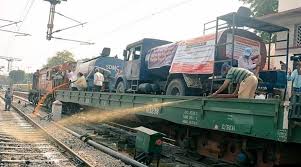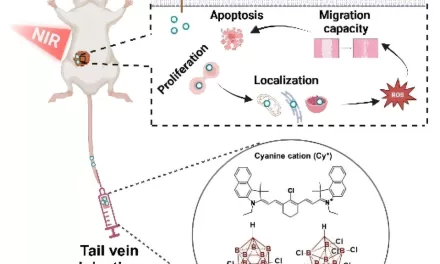The Union Minister of State for Consumer Affairs, Food and Public Distribution, Ms. SadhviNiranjanJyotiin a written reply to a question in Lok Sabha today informed that India’s ranking in the Global Hunger Index (GHI) 2015, 2016, 2017, 2018, 2019 and 2020 brought out by Concern Worldwide and Welthungerhilfe was 80, 97, 100, 103, 102 and 94 respectively. As per GHI Reports, the composite GHI scores of India have improved from 38.9 in 2000 to 27.2 in 2020. Thus, the country has shown consistent improvement over the years.
The Government of India accords high priority to the issue of hunger and has been providing foodgrains at highly subsidized prices to the targeted population through State Governments/Union Territory Administrations under National Food Security Act (NFSA), 2013 and Other Welfare Schemes (OWS). NFSA provides for coverage of upto 75% of the rural population and up to 50% of the urban population for receiving foodgrains under Targeted Public Distribution System (TPDS) @ Rs 1/2/3 per kg for coarse grains/wheat/rice respectively. Identification of beneficiaries under the Act is under two categories- households covered under Antyodaya Anna Yojana (AAY) and Priority Households (PHH). Priority Households are entitled to receive 5 Kg per person per month and AAY households are entitled to receive 35 Kg of foodgrains per household per month. At present, the Act is being implemented in all the States/UTs covering about 79.51 crore persons to get highly subsidized foodgrains. The coverage under the Act is substantially high to ensure that all the vulnerable and needy sections of society get its benefit.
The Act also contains provisions for nutritional support to pregnant women and lactating mothers and children up to 14 years of age. One of the guiding principles of the Act is its life cycle approach wherein special provisions have been made for pregnant women and lactating mothers and children in the age group of 6 months to 14 years, by entitling them to receive the nutritious meals free of cost through a widespread network of Integrated Child Development Services (ICDS) centers, called Anganwadi Centres under ICDS scheme and also through schools under Mid-Day Meal (MDM) scheme.
During the year 2020-21, the Government allocated a quantity of 948.37 lakh MT of foodgrains to the States/UTs under NFSA, Other Welfare Schemes (OWS), allocations due to natural calamities and festivals, Pradhan MantriGaribKalyaan Anna Yojana and Atmanirbhar Bharat. During the current year i.e. 2021-22, the Government of India has so far allocated 860.63 lakh MT of foodgrains under NFSA, OWS and Pradhan MantriGaribKalyaan Anna Yojana and other additional allocations. The scheme of End-to-End Computerization of the PDS has ensured rightful targeting of the beneficiaries all over the country.
The implementation of NFSA through the Public Distribution System (PDS) is a joint responsibility of the Central and State Governments/UT Administrations. The State Governments/UT Administrations are responsible for the identification of beneficiaries and distribution of foodgrains to them. The government of India has issued advisories to all States/UTs to review their lists of beneficiaries under NFSA, launch special drives to identify and cover the weakest sections of the society under PDS and issue ration cards to them.












